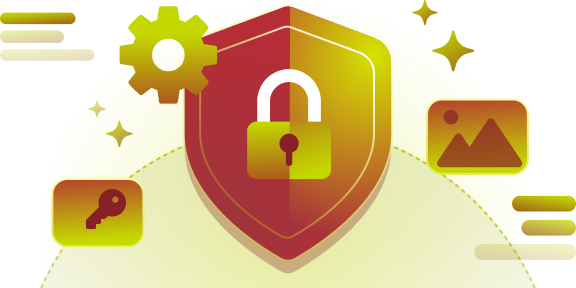-
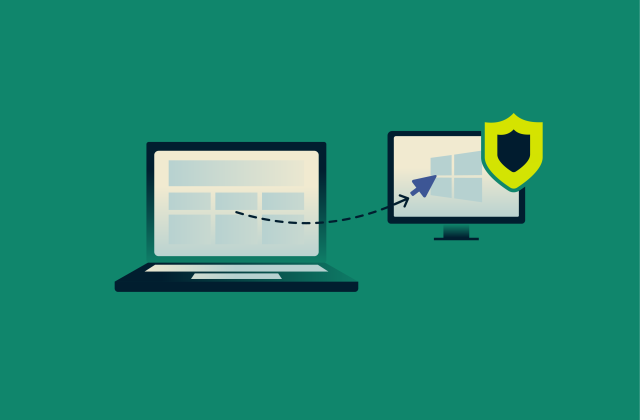
Remote Desktop Protocol (RDP): What does it do and is it secure?
Remote Desktop Protocol (RDP) is a popular tool for accessing Windows computers from a distance. It’s become a standard part of how many organizations maintain systems, support users, and facilitate...
-
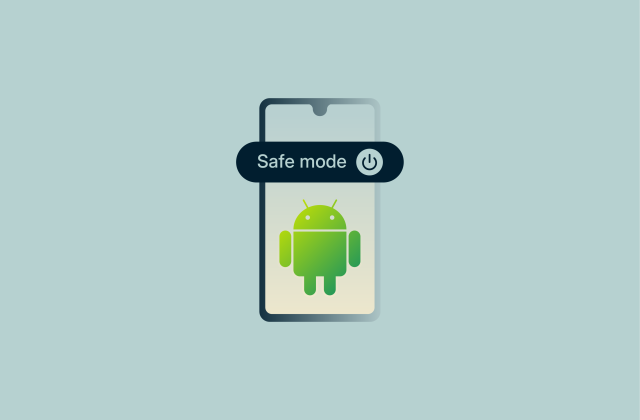
How to turn off safe mode on Android (complete guide + fixes)
When Android boots into safe mode, it can disrupt everyday workflows, block key apps, and interfere with security tooling. This guide walks through the most reliable methods for exiting safe mode, exp...
-
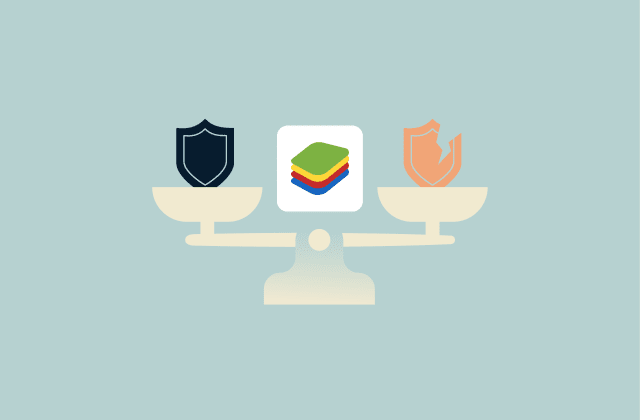
Is BlueStacks safe? Complete guide
Numerous Reddit threads and online forums raise concerns about BlueStacks. Some users claim the installer contains malware, others mention bloatware or system slowdowns, and some report that their ant...
-
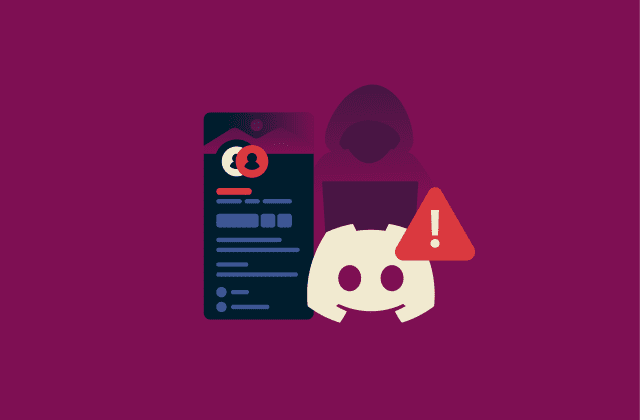
What to do if your Discord account is hacked
When a Discord account is hacked, an unauthorized user can quickly take control. They might change your server roles or ownership and access your private messages. And, even though they can’t view y...
-
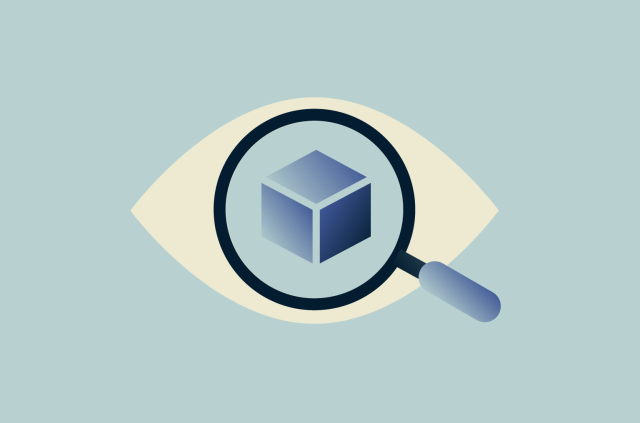
Deep packet inspection (DPI): How it works and why it matters
Deep packet inspection (DPI) is embedded in specialized network devices and services, most commonly corporate firewalls, intrusion detection and prevention systems (IDPS), and sometimes within the inf...
-

Is Bumble safe for online dating and relationships?
Meeting new people on Bumble can lead to great connections, but it also means trusting strangers with your time, attention, and personal details. Bumble is built with safety in mind and is designed to...
-
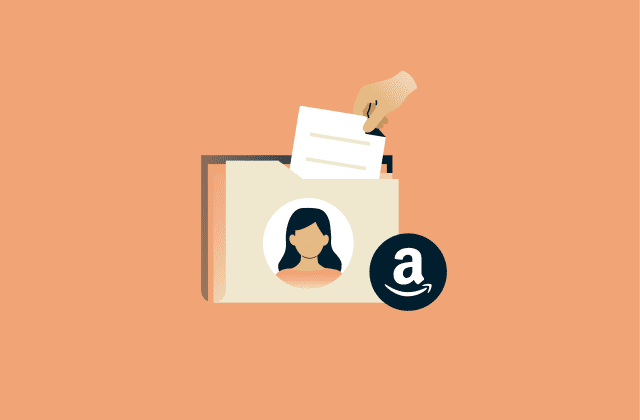
How to request your Amazon data and protect it
When you use Amazon’s apps and services, bits of information build up in your account over time. Requesting your data is a simple way to get clarity: it shows you what Amazon keeps, helps you spot o...
-
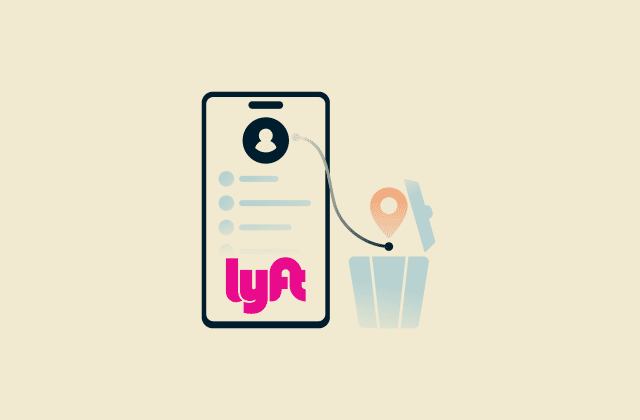
How to delete your Lyft account
If you plan to delete your Lyft account, there are a few things to consider first. These include handling your saved payment methods, managing any Lyft Pink memberships or subscriptions, and understan...
-
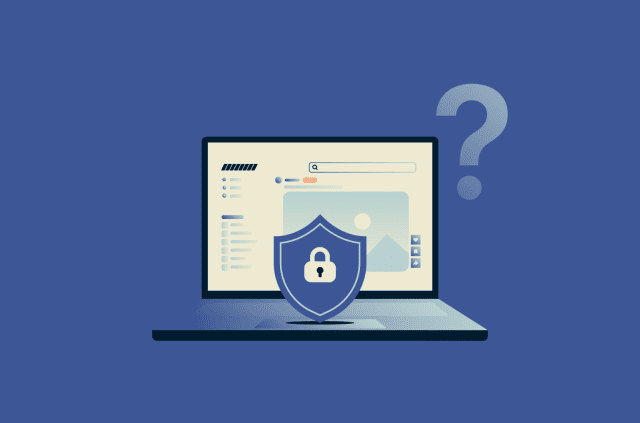
Is Dailymotion safe? Risks and safety tips explained
Dailymotion is a popular video-sharing platform used across many countries for news clips, entertainment, and creator-uploaded videos. Because anyone can upload content and the site relies on ad reven...
-
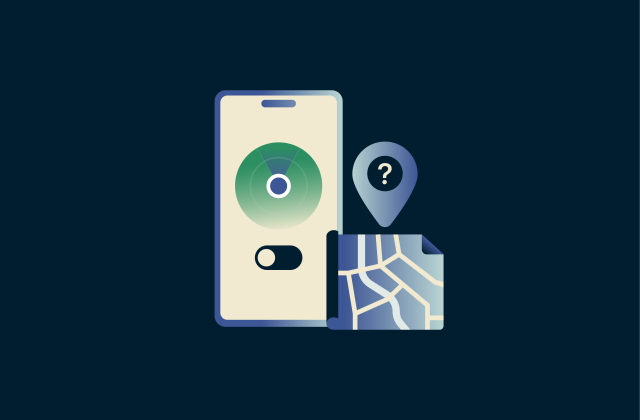
How to turn off Find My iPhone: Step-by-step guide
Turning off Find My iPhone is part of preparing a device for transferring ownership of the device, switching Apple IDs, or sending it in for repair. Because the feature is built into Apple’s securit...
Featured
